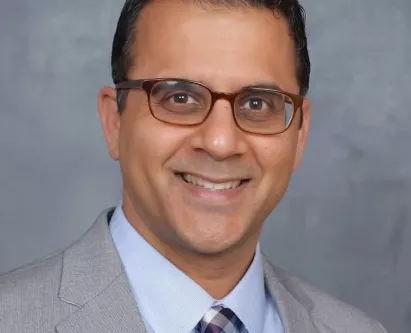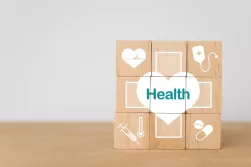Neal Dave, Executive Director of Pharmacy at Texas Oncology, has been a pharmacist for 18 years. He says we’re living in the worst drug shortage crisis he’s ever seen.
“I’d rank this as the worst because of the amount of products that have been affected,” Dave says. “The two big shortages that are affecting cancer patients are the platinum compounds: cisplatin and carboplatin. A lot of times, you may be able to substitute one for the other in a treatment regimen, but now, we’re low on both.”
Dave says the current drug shortage is because a pharmaceutical company in India that supplied both carboplatin and cisplatin to pharmacies across the U.S. had quality control issues, causing it to shut down. But it’s not just cancer drugs that are tough to get. He’s also seen supportive care drugs that have been harder to reach, such as: Elitek, Infed, Lidocaine, Retacrit, Soludortef, Solumedrol, Fluorouracil Methotrexate and Docetaxel.




